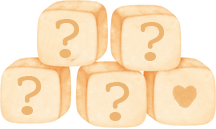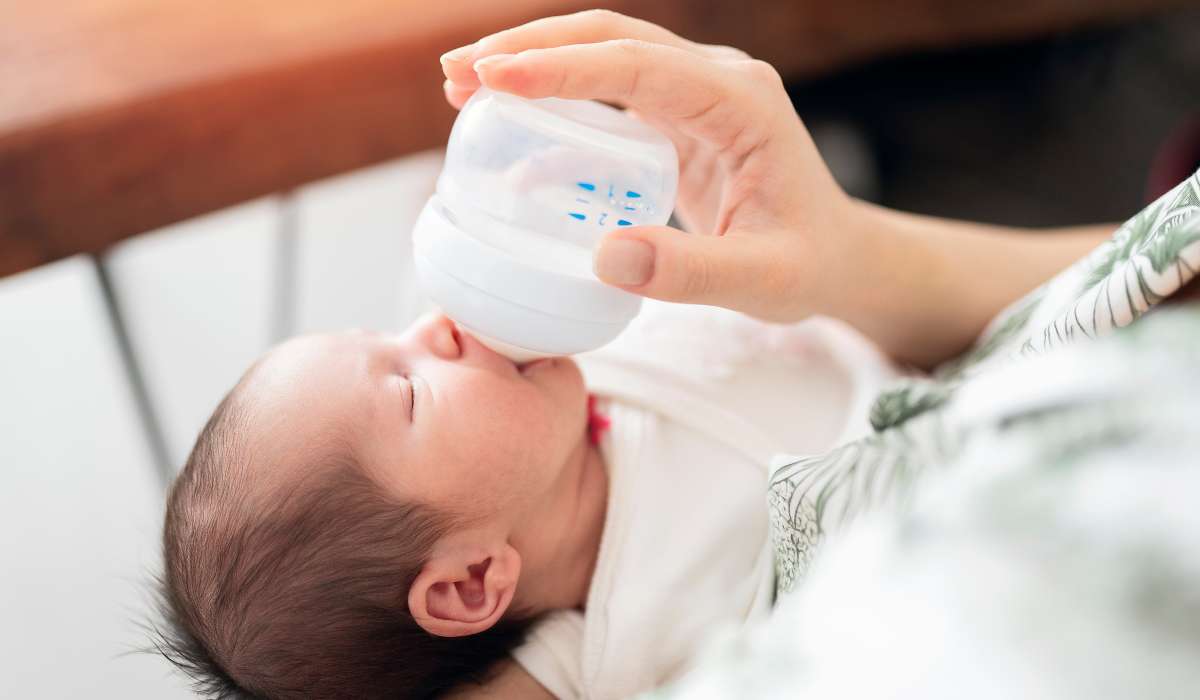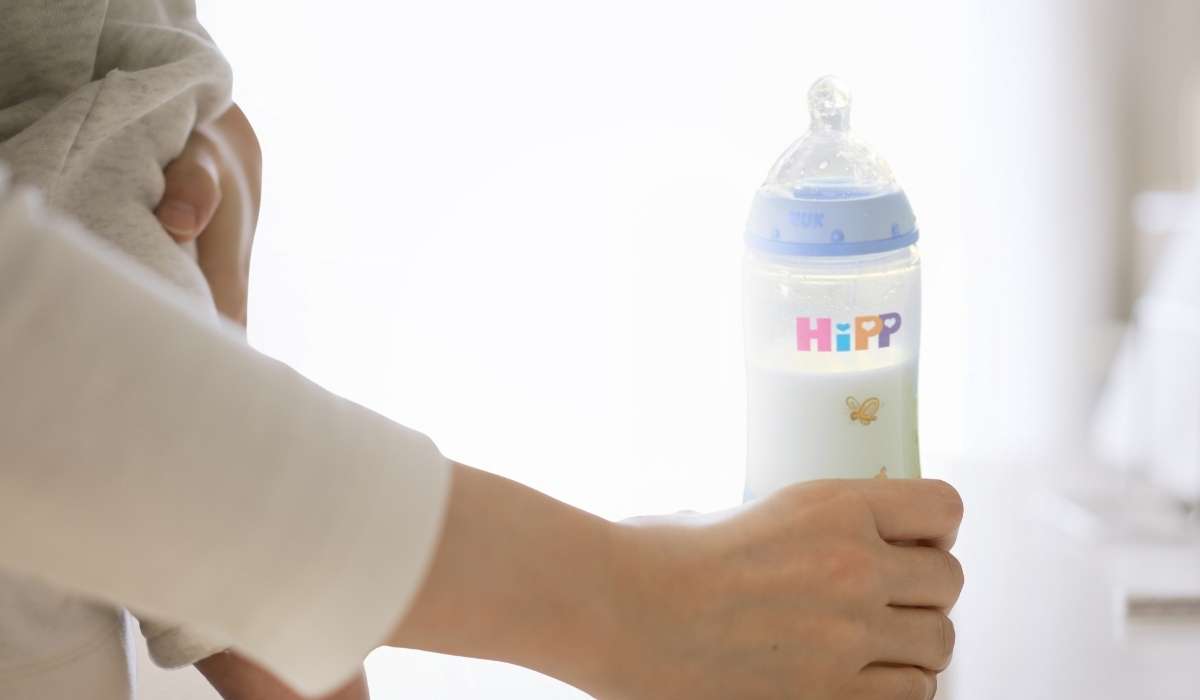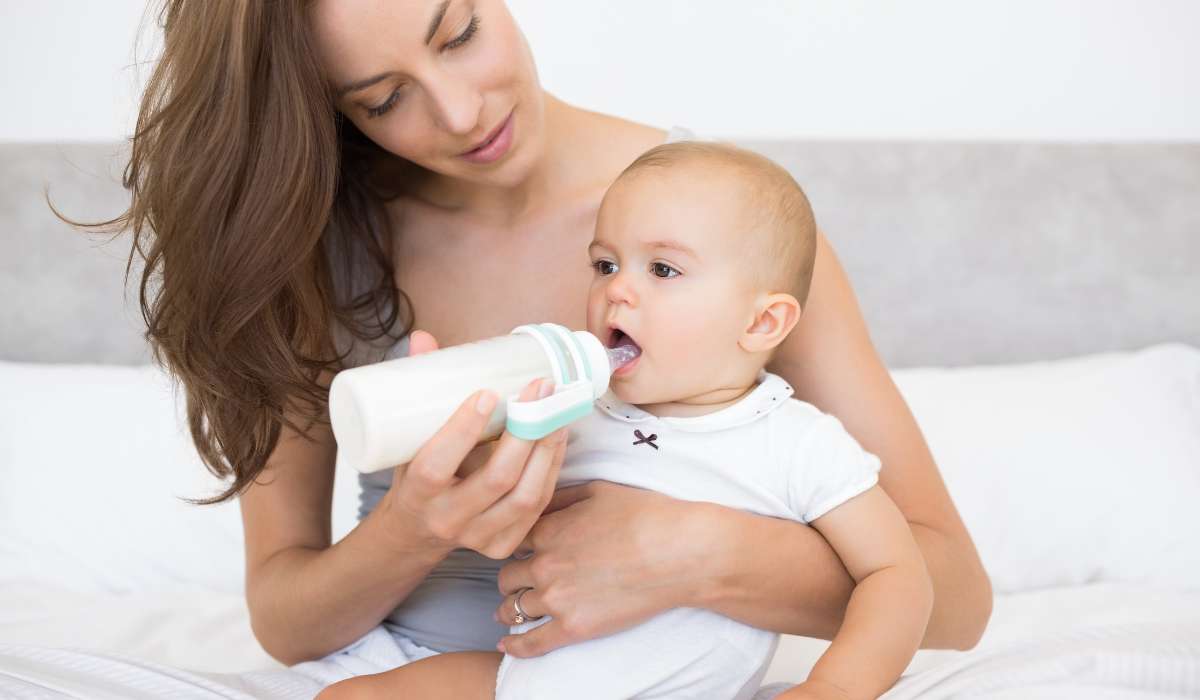We've all been there: your baby had a lovely meal but didn't quite finish their bottle, and you probably don't want to waste that precious infant formula!
Naturally, you ask yourself: is it okay to reheat baby formula? Can I keep the remaining formula, or should I just toss it? And how can I ensure unused formula stays safe for my little one?
These are valid questions, as proper infant formula preparation and storage is essential because mistakes can lead to the growth of harmful bacteria in your baby's formula, making it unsafe.
Today, we want to address all these concerns. We will look closer at potential risks and reheating rules to ensure you can save formula while keeping your baby out of harm's way.
So, let's dive in!
Contents
- Reasons Why Parents Wonder "Can You Reheat Formula?"
- Risks and Concerns: Why Experts Advise Against Reheating Infant Formula
- Safe and Efficient Ways to Heat Up Baby Formula
- Alternatives to Reheating Formula: How Not to Waste Any
- Frequently Asked Questions About Formula Preparation
- Choosing the Right Formula: Considering Convenience and Safety
- Discover Premium European Infant Formulas at Our Online Store
Reasons Why Parents Wonder "Can You Reheat Formula?"
Let's start with the obvious: not everyone can make a fresh bottle of formula every time. For instance, you might not have enough time to prepare powdered formula before each feeding. Our lives are busy and often hectic, even without a little baby on our hands!
Additionally, we must remember that young babies need to feed quite often, and that means we have to spend a considerable portion of our time mixing powdered infant formula.
And let's not forget about those days when baby doesn't finish their bottle. So much formula can go to waste!
Some parents might also want to prepare larger batches of baby formula for increased convenience. After all, it's much easier to warm up the already prepared formula and feed your little one right away rather than wasting precious time mixing the powdered formula with water.
While it's best to prepare formula fresh, there are clear advantages to prepping it ahead of time and warming it up once you're ready to feed your baby (of course, doing so per safe feeding guidelines).
But reheating already drank from or warmed prepared formula carries different risks than warming unused prepared formula for the first time. Every parent should understand these potential safety concerns and a few guidelines to follow to ensure their baby's health is safe, which we'll walk you through next!
Risks and Concerns: Why Experts Advise Against Reheating Infant Formula
We all know there's nothing wrong with enjoying our own leftovers warmed up. After all, some meals taste even better then! But that's not the case with baby formula.
Reheating formula has several potential risks and drawbacks. And we want you to know more about them so that you can keep your baby safe.
As for the question, "Can you reheat formula?" the answer is no. It's unsafe, and we'd like to point out that these risks apply mainly when you reheat the formula your baby has already been fed from.
These dangers include:
- Bacterial growth. Harmful bacteria can start growing in the bottle after your baby drinks their formula, as bacteria can transfer from their saliva. That's why it's best not to store formula for later or reheat baby formula if your little one has already drank from it.
- Loss of nutritional value. You might think you can kill the bacteria if you reheat formula, especially if you warm the bottle using boiling water. We hate to disappoint, but high temperatures will not prevent bacterial growth and can potentially degrade the essential nutrients in baby formula.
- Changes in milk consistency and texture. This one is simple: temperature fluctuations can cause the baby formula to change texture. This, in turn, can make the formula harder for your baby to take.

Safe and Efficient Ways to Heat Up Baby Formula
Here's the deal: you don't really haveto heat the formula you've prepared in advance and kept in the fridge. Your baby can drink both cold formula and warm milk, and there's no harm in that.
You can also feed your baby room-temperature formula. It's all a matter of preference and ultimately comes down to what temperature your little angel enjoys.
And if your baby likes warm formula, you can try several safe methods to achieve the desired temperature. They include using:
A Bottle Warmer
This method is easy and convenient. It requires you to place a bottle of formula into a baby bottle warmer and wait for it to reach a proper temperature.
However, you shouldn't keep the bottle in for more than 15 minutes. The longer you heat the formula, the higher the chances that bacteria may grow inside the bottle.
The formula should be somewhere between room and body temperature.
A Warm Bottle Bath
In this case, you can run a tightly sealed bottle under the faucet with warm water on. This method is fast and effective but wastes plenty of water.
If you opt for this method, swirl the bottle to get an even temperature before feeding the formula to your baby.
The Countertop Method
This method doesn't require much effort or special equipment. You just need to prepare a "tub" for your baby's bottle. You can fill the container with hot water and keep the bottle there for a few minutes until it reaches room temperature.
An important rule to remember is never to use your microwave to heat formula. This method can create hot spots in the bottle of formula, which can burn your baby's mouth.
Whatever method you choose, ensure you test the formula's temperature before feeding your baby. Put a few drops on your wrist or the back of your hand. The warmed milk should feel neutral (lukewarm) - not cold but not hot either.

Alternatives to Reheating Formula: How Not to Waste Any
As mentioned, you don't have to heat formula for your baby. And if you're worried about wasting it, there are some things you can do to avoid that. They include:
- Prepare smaller portions. If you find your baby often doesn't finish a bottle, try making a bit less formula next time. This will help you save a ton of product and eliminate the need to reheat baby formula.
- Use ready-to-feed formula. We know that ready-to-feed formulas can be more pricey. That being said, pre-mixed bottles will allow you to feed your baby immediately without wasting time preparing bottles.
It's also worth mentioning that it's best to feed your baby immediately after you've prepared the formula. However, keeping the mixed formula for up to 2 hours at room temperature is okay. Just make sure the bottle is tightly sealed.
If you don't feed your little one within those 2 hours, you should immediately transfer the bottle to the fridge and use it within 24 hours.

Frequently Asked Questions About Formula Preparation
How long can you store prepared formula?
You can store prepared (but unused) liquid-concentrate and powdered formula for up to 24 hours in a refrigerator at a temperature of 4°C. Ensure not to store it below this temperature, or you're at risk of freezing it.
If you have a ready-made formula, you can keep freshly opened unused formula in a refrigerator for up to 48 hours, but remember that for some brands, this window is less than 48 hours. HiPP ready-to-feed, for example, is only suitable for 24 hours in the fridge, so always refer to the guidelines of your specific manufacturer.
Can you refrigerate leftover formula?
It's best to toss partially consumed formula. The bacteria from your baby's mouth can grow inside the bottle, making the formula dangerous for your little one's health.
Can you use a microwave to heat up formula?
No, it's better not to microwave the formula. Though convenient, this method may create hot spots in the formula, which can burn your baby's mouth.
How to properly mix powdered formula
First, you must check the expiration date on the formula packaging to ensure it's still good. Next, wash your hands thoroughly.
Prepare the bottle and sterilize all parts by boiling them in hot water for 5 minutes or using a microwave steam sterilizer bag.
Follow the manufacturer's instructions and mix your baby formula powder with safe water to prepare. Safe bottled or tap water is a good solution, but boiling the water also helps ensure that the water is safe.
If you have a ready-to-use formula, there's no need to add any water. Concentrated formula, though liquid, still has to be mixed with water.
Keep in mind that the process of preparing formula can look different in special circumstances; you might have to make adjustments if your baby was born premature or at a low birth weight. The guidelines will also depend on your baby's age.
Thus, getting tips and advice from your baby's doctor is always a good idea. A professional will provide all the necessary information to help your baby get adequate nutrition safely.
Choosing the Right Formula: Considering Convenience and Safety
Now you know how to warm up your baby's formula safely, and you should also remember that not all formula is created equal! So, how do you choose the best option for your baby?
Well, it takes several steps, but they aren't too complicated. First, you should determine your baby's nutritional needs. You can talk to a doctor or a nutritionist to determine whether your baby has sensitivities or allergies that require special nutrition.
Even if your baby is perfectly healthy, you should always consult a medical professional for personalized recommendations. Your baby's doctor can offer several suitable options to meet your baby's needs.
It's also a good idea to compare different formula brands. Some are made under stricter safety conditions, and others might offer a better value.

Discover Premium European Infant Formulas at Our Online Store
Sifting through all the available formula options to find the gems can be time-consuming! To save you from this headache, we are happy to offer a wide selection of premium European formulas.
We pride ourselves on working with only reputable, safe brands that operate in Europe under extremely high-quality standards.
We offer hypoallergenic, anti-reflux, comfort formulas and a variety of organic goat and cow's milk formulas. You can also choose our ready-to-feed options, which offer extra convenience and save preparation time!
Are you still on the fence? We also offer a 5% discount on your first purchase with a unique coupon code! That way, you can explore quality European formulas for a reasonable price and see for yourself why parents love them.
We encourage you to contact our customer service team for help finding a suitable option for your little one. We gladly offer personalized assistance and answer all your questions!
And don't forget to consult your baby's doctor before choosing a formula. They can recommend a formula that will work best for your little one, and we will happily provide it!
Wrapping Up: Understanding the Risks and Best Practices for the Question "Can You Reheat Formula?"
Luckily, your baby can consume room-temperature or even cold formula. But if that's something they (or you) aren't comfortable with, you can always warm your formula up.
Just make sure you don't save and reheat leftover formula. Instead, choose the safe heating methods we have shared in today's guide.
As a final takeaway, always remember to follow the mixing instructions on the packaging and consult a medical professional before choosing a formula.
So what are you waiting for? Check out our impressive variety of top-quality European formulas today!
Breast milk is the best source of nutrition for babies. Before altering your baby's diet or feeding routine, consult your healthcare provider for personalized recommendations. The information in this article is strictly for informational purposes and is not a substitute for medical advice.
